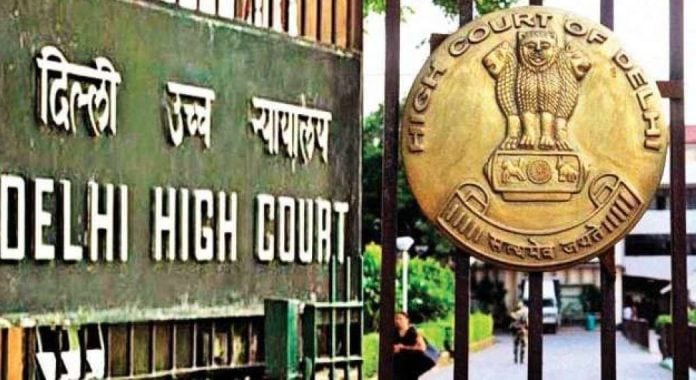The Delhi High Court has invoked Ramayana, Mahabharata, Bhagavad Gita, Bible, Qur’an and Kautilya’s Arthashastra to emphasise on the importance of mediation as a tool to settle disputes.
The single-judge Bench of Justice Swarana Kanta Sharma stated that these texts stressed on mediation and only when they were understood in detail and not treated merely as religious texts that the mediation process will have the potential to give finality to disputes.
It was not on the basis of the British or other foreign Jurisprudence alone but on the basis of unplundered wealth of ancient Indian Judicial and mediation jurisprudence found in old religious texts, when read and understood in detail in context of the messages conveyed in certain chapters, subject to their true interpretation and understanding without being referred to as religious texts alone, noted the Bench.
It said as per the Holy Bible, Matthew 5:9 urged the Christians to use useful means to resolve disputes amicably and that those who were peacemakers shall be called sons of God. Matthew 18:15-17 stated that in case of a deadlock, the parties should contact a third neutral party to get their issue resolved. Even in Islam, the Holy Qur’an, the Sunna, the Ijma, and the Qiyas supported peaceful conflict settlement within the Islamic community, between Islamic and non-Islamic communities, and between two or more non-Muslim communities.
The Arthashastra by Kautilya and the principles enumerated by the judges, commentaries, lectures and mediation training on mediation process will have the potential to give finality to disputes between the parties, it added.
However, the single-judge Bench said that cases under the Protection of Children from Sexual Offences Act (POCSO Act) cannot be referred to mediation and settled or compromised.
The High Court made the observations while dealing with a petition filed by a man seeking restoration of complaint filed under Section 7 of the POCSO Act in 2015.
Section 7 punishes a person who “with sexual intent touches the vagina, penis, anus or breast of the child or makes the child touch the vagina, penis, anus or breast of such person or any other person, or does any other act with sexual intent which involves physical contact without penetration is said to commit sexual assault”.
The complaint alleged that his children, including a boy and a girl, were inappropriately touched by their mother’s brother.
The trial court had referred the disputes between the man and his wife, including the registration of POCSO complaint, to mediation and then closed the complaint based on the settlement achieved by the two sides.
However, the complainant-man later approached the High Court against the trial court order arguing that he was tricked into withdrawing the complaint by his wife and brother-in-law.
Justice Sharma observed that the offences under POCSO Act cannot be referred to mediation, settled or compromised and no monetary payment can result in resolution of these cases.
She observed that any attempt to mediate or compromise the cases under the POCSO Act undermined the principles of justice and the rights of victims and they must not be entertained under any circumstances by a mediator.
In the present case, however, the High Court refused to revive the complaint observing that nine years have passed since the trial court order and facts revealed that the children were being used by the parents to settle their personal scores.
She said given the detailed discussion made in the preceding paragraphs, this Court was not inclined to quash the April 8, 2015 order of the Special Court.
The single-judge Bench further refused to restorate the complaint on the grounds that the victims themselves have not prayed for the same.
Petitioner Rajeev Dagar was represented by Advocates Rajat Wadhwa, Dhreti Bhatia, Gurpreet Singh, Nikhil Mehta and Himanshu Nailwal.
Additional Standing Counsel (ASC) Rupali Badhopadhya appeared for the State.
The respondent mother and her brother were represented by Advocates Gitesh Aneja and Lakshay Kumar.


